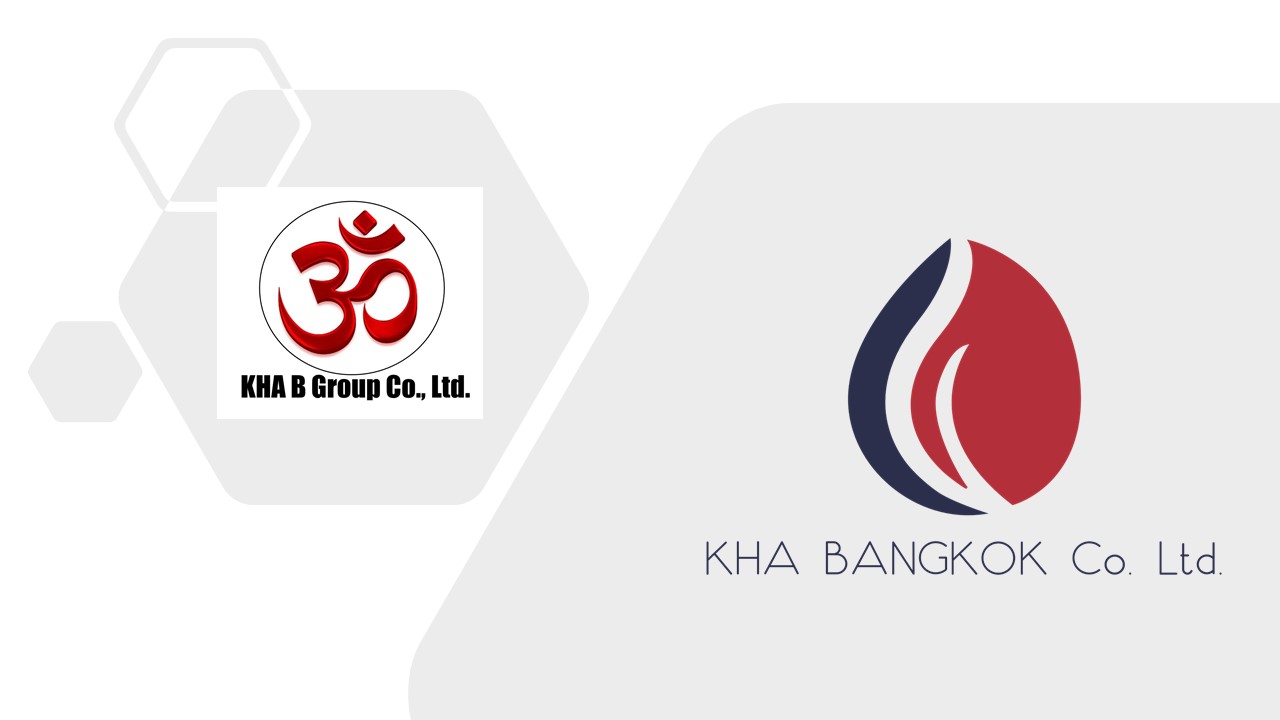An ageing society, health trends and increasing number of patients with non-communicable diseases (NCDs) could end up making Thailand a medical hub in the ASEAN region, Thai drug manufacturer Chumchon Community Pharmacy said.
The company’s executive director, Surachai Reungsuksilp, explained that Thailand’s total pharmaceutical market was currently valued at 240 billion baht. Nearly 70%, or 168 billion baht worth, was imported, while the rest amounting to 72 billion baht was locally produced.
He expected an ageing society to boost the demand for drugs that could improve patients’ quality of life and prevent risks of developing NCDs.
“Senior patients accounted for more than 14% of the total population of Thailand, and would jump to 28% in the next six years,” he said, “Considering this trend, the demand for medicine for treating NCDs will be increasing in the future.”
As many as 88,751 Thai patients succumbed to five NCDs in 2021, according to a Division of Non-Communicable Diseases report released in January last year.
Stroke killed most patients (36,214), followed by heart attack (21,870), diabetes (16,008), hypertension (9,444) and chronic obstructive pulmonary disease (5,215).
Need for new drugs
Surachai said the government’s plan to attract foreign patients to receive medical treatment in Thailand would benefit both medical and pharmaceutical industries. However, he cautioned that Thailand needed new medicines to boost treatment efficiency and meet patients’ demand in order to become a medical hub. He advised government agencies like the Food and Drug Administration to help drug manufacturers register new drugs to encourage faster and better research and development.
“Government agencies should improve regulations that accelerate the launch of new drugs, which are essential for the development of the medical industry,” he said.
To further speed up the development, he added that government agencies should determine drug manufacturers that are responsible for research and development of each drug.
Ambitious plan to support Thailand
To support Thailand’s bid to become a medical hub, Surachai said the company had many more high-quality pharmaceutical products in the pipeline, expecting to boost its revenue to 1 billion baht by 2025. The products range from modern medicines like anticoagulants, lipid lowering drugs and medicine for treating hypertension and diabetes, he explained. He added that the majority of its products were being sold domestically, including at hospitals (55%) and drug stores (45%).
“We have been working hard for more than five years to prepare ourselves to develop and produce new molecule drug formulas with high efficacy and safety, whose patent protection will soon expire,” he said.
He confirmed that this move would increase Thai consumers’ accessibility to effective drugs and lower its costs. Thailand’s drug production capacity of 30% can reduce its price by 20%, he added.
He also noted that Thailand should keep a balance between drug imports and local production because foreign manufacturers’ new drugs could help boost Thai physicians’ treatment efficiency.
Government actions
The government’s National Drug System Development Committee launched a plan to enhance Thailand’s medical industry in March.
Committee chairman Somsak Thepsuthin said on March 4 that the plan consisted of four strategies:
● Promote research and development of drugs to promote the growth of the Thai drug industry
● Enable people to access drugs at a reasonable price whether in normal condition or in an emergency
● Ensure rational drug use with collaboration from various sectors by 2032
● Implement comprehensive drug management and promote the manufacturing of drugs and herbal medicine for domestic use, such as substance from Fah Talai Jone (green chiretta).
“The plan is expected to accelerate research and innovation of drugs, and generate over 10 billion baht for Thailand,” Somsak said.
He said the inclusion of herbal medicine in the national list of essential medicines enables people to access alternative treatment and mitigate expenses incurred on expensive drugs.
It is expected to cut government expenditure by more than 800 million baht annually.
Font The Nation


